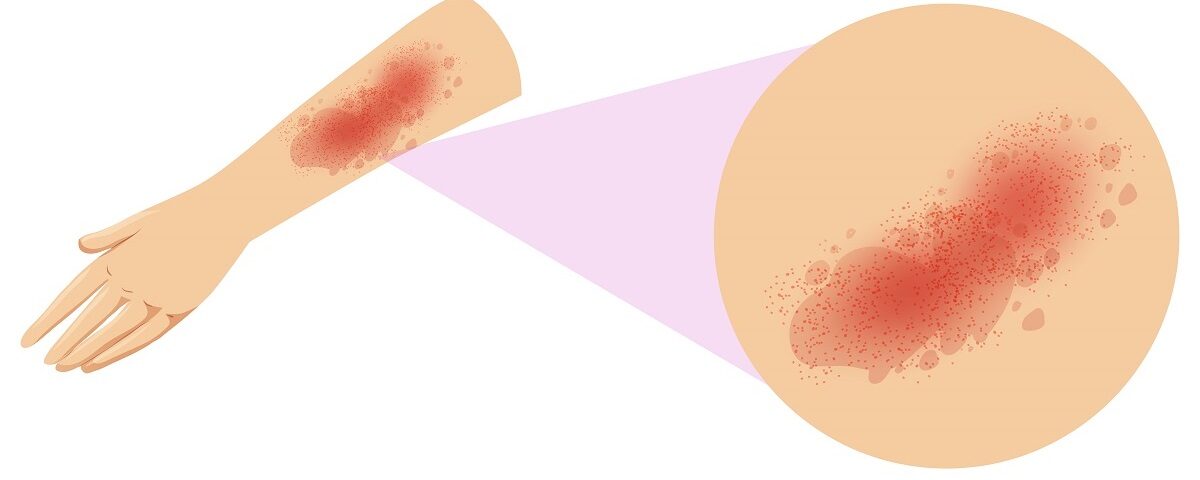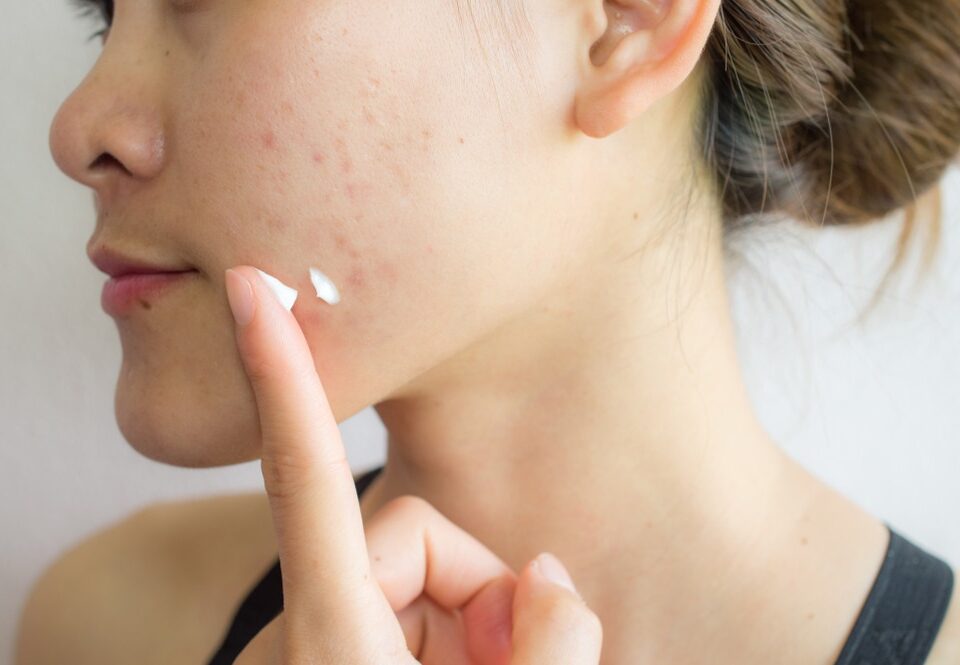
Impact of COVID-19 Pandemic on the mental health status of the Youth.
January 18, 2022
Depression control through exercise or physical activity?
May 6, 2022Reviewer: Dr. Abid
Urticaria which is also known as hives is a common skin condition which appears as skin rash which are red, swollen, raised, itchy bumps on the skin surface, which sometimes may give burning sensation and may also spread across large areas of skin. The condition is not contagious and typically lasts a few days then disappears but may frequently recur.
Pathophysiological mechanisms which cause urticarial rash or hives
Health experts suggest that hives may occur as a consequence of body’s reaction to certain allergens or they may also occur for unknown reasons.
Allergic reactions occur in individuals whose immune system is sensitive to certain substances in the environment that could be otherwise harmless to other people. Acute urticaria usually occurs as an allergic response to insect bites, or some food and medication etc.
Furthermore, acute urticaria could also occur following an infection, or due to exposure to hot and cold temperatures, exposure to sunlight, stress and exercise etc. Histamines and other chemicals are released into the affected areas in response to certain triggers or when body reacts to certain allergens. These chemical dilates the local blood vessels causing them to release fluid into the skin; this buildup of the fluid causes swelling and itchiness.
On the other hand chronic urticaria which is also called ‘chronic idiopathic urticaria’ (CIU) or ‘chronic spontaneous urticaria’ is the condition which is characterized by itching and hives which last for more than 6 weeks and do not have any identifiable triggers or cause; thus named idiopathic. Individuals suffering through CIU are challenged by significant emotional and economic burden as are more difficult to treat. The condition is more common among women as compared to men. The exact cause is still unknown but autoimmunity is suspected to be as one of the major underlying causes for this disease; however, mental or psychological stress and anxiety could also trigger it. [Autoimmune disease occurs when the immune system accidently attacks and damages the body instead of protecting it].
Preventive measures and treatment options for urticaria
Health experts suggest that the condition could be prevented by avoiding possible triggers and managing stress. However, physicians usually prescribe antihistamine drugs (they work by blocking the effect of histamines, thus used to treat allergies), but in severe cases corticosteroids drugs (anti-inflammatory drugs) and some other drugs could also be advised. Moreover, for chronic cases immunosuppressant drugs could also be prescribed.
If you have been diagnosed with chronic idiopathic urticaria and would like to participate in a clinical study to help find new treatments, click https://medsearchglobal.com/antistudydetail/NCT04976192, yes I would like to know more!
REFERENCE:
Diagnosis and treatment of urticaria in primary care
https://www.ncbi.nlm.nih.gov/pmc/articles/PMC6526977/
Chronic spontaneous urticaria: latest developments in aetiology, diagnosis and therapy





